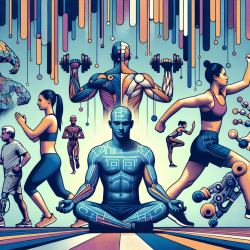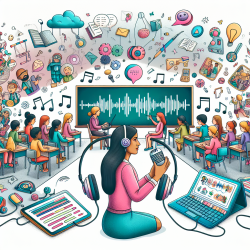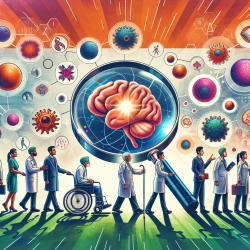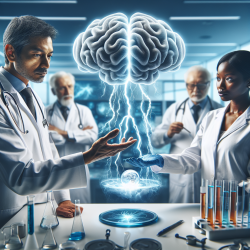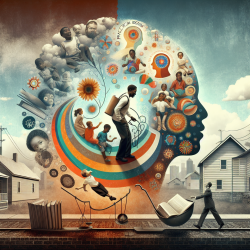Introduction
In the evolving landscape of healthcare, integrating technology with traditional therapeutic practices is increasingly important. A recent study, "The Influence of Occupational Therapy on College Students' Home Physical Exercise Behavior and Mental Health Status under the Artificial Intelligence Technology," provides valuable insights into how AI can enhance occupational therapy outcomes, particularly in improving mental health and physical exercise behaviors among college students.
Key Findings
The study utilized a robust methodology, including a "physical exercise behavior questionnaire" and a "symptom self-assessment scale," to assess the relationship between physical exercise and mental health. The results indicated a significant positive correlation between physical exercise and improved mental health, with a particular emphasis on reducing depression symptoms. Notably, medium to high-intensity exercises were found to be most effective in enhancing psychological well-being.
Implications for Practitioners
For practitioners, these findings underscore the importance of integrating AI-driven strategies into occupational therapy. Here are some actionable steps:
- Adopt AI Tools: Utilize AI technologies to monitor and analyze patients' exercise behaviors and mental health status. This can lead to more personalized and effective therapy plans.
- Focus on Exercise Intensity: Encourage patients to engage in medium to high-intensity exercises, as these have been shown to yield the best mental health outcomes.
- Monitor Depression Symptoms: Pay close attention to depression symptoms, as they are highly correlated with physical exercise behaviors. Use AI to track changes over time and adjust therapy accordingly.
Encouraging Further Research
While the study provides compelling evidence, further research is necessary to explore the nuanced interactions between AI, occupational therapy, and mental health. Practitioners are encouraged to contribute to this growing body of knowledge by conducting their own studies and sharing findings with the broader community.
Conclusion
The integration of AI in occupational therapy presents a promising avenue for enhancing mental health outcomes among college students. By leveraging data-driven insights and focusing on personalized exercise regimens, practitioners can significantly improve their therapeutic interventions.
To read the original research paper, please follow this link: The Influence of Occupational Therapy on College Students' Home Physical Exercise Behavior and Mental Health Status under the Artificial Intelligence Technology.
